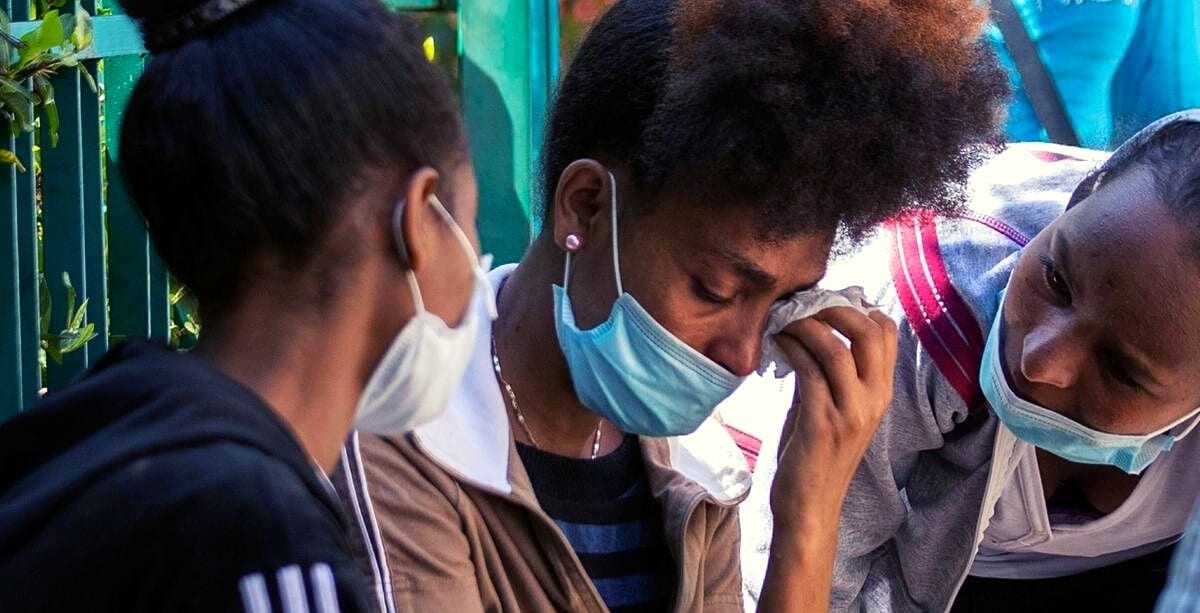The “kafala” sponsorship system that has provided cover to abusive employers and caused immense suffering to foreign domestic workers is on its way to being abolished.
On Saturday, caretaker Minister of Labor Lamia Yammine announced that she had issued the standard unified contract that “abolishes the sponsorship system and enshrines the rights of migrant domestic workers.”
Since 2019, the caretaker Minister has been coordinating with a working group headed by the International Labor Organization to adopt a new version of the contract that guarantees and protects the rights of migrant domestic workers.
In June 2020, she convened with the group, of which Human Rights Watch is a member, and committed to adopting such a version, based on their proposal of a contract that conforms with international human rights and labor standards.
Human Rights Watch defines the kafala system as “a restrictive immigration regime of laws, regulations, and customary practices.”
Hence, since this system has been the staple for worker-employer legal affairs for a long time, changing the standard unified contract is only the first step toward the practical abolishment of kafala; but it is a positive step, nonetheless.
This notoriously abusive system has been a source of great suffering for countless migrant workers who, according to the previous contract, were legally bound to their employers, who could subject them to abuse, often without any consequences.
A revised contract that recognizes and protects workers’ internationally guaranteed rights would be a positive first step to ending the kafala system and protecting migrant domestic workers.
Aya Majzoub
Lebanon Researcher, Human Rights Watch
In order to truly and finally abolish the kafala system, the Lebanese authorities must include migrant domestic workers in the labor law, outlaw their detention for a lack of legal residency, implement an effective enforcement mechanism, among other important legislative and administrative steps.
